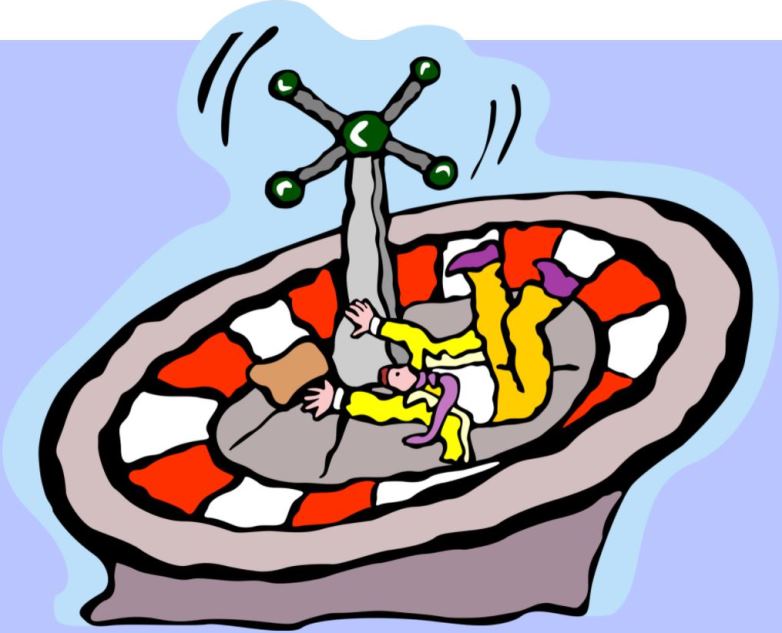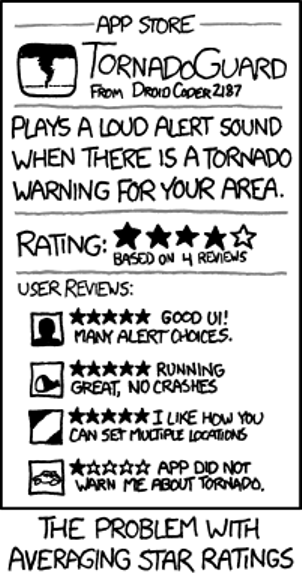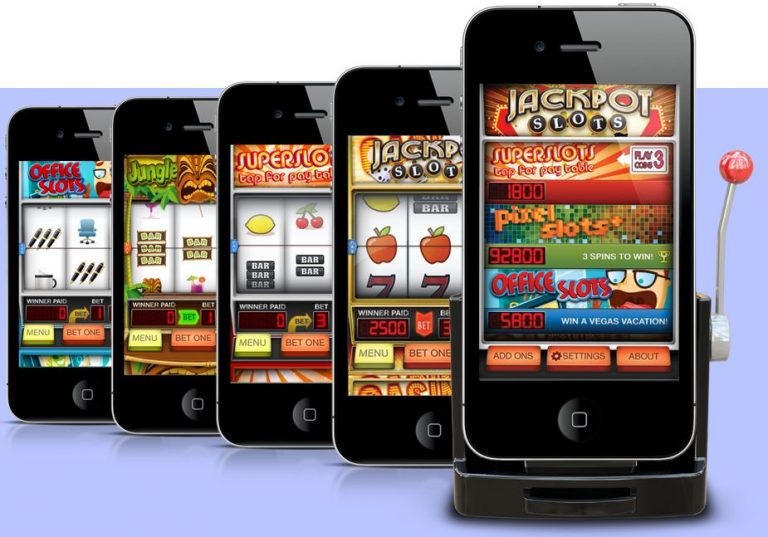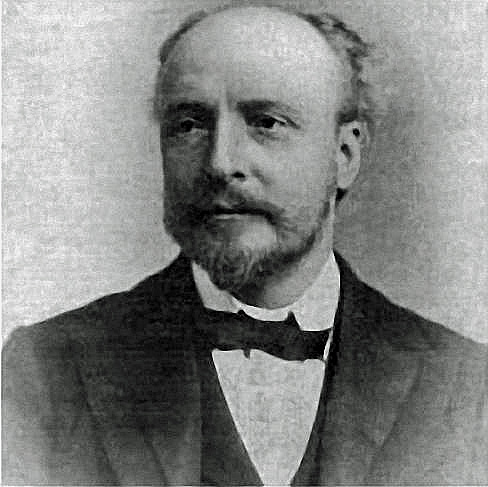Bonus of 100 %
up to €/£/$ 10.000
€/£/$50 No Deposit Bonus
Problem gambling (or ludomania, but usually referred to as “gambling addiction”) is an urge to gamble continuously despite harmful negative consequences or a desire to stop. Problem gambling is can be defined by whether harm is experienced by the gambler or others, rather than by the gambler’s behaviour.’,
As demonstrated by the video below, problem gambling often arises after the initial “hit” of that first big win which may be purely by chance (“beginners’ luck”). The excitement that it can generate / rush of adrenaline leads people to seek that feeling again which, in many cases, results in a financial loss.
There is now a craving or behaviour to chase losses which may even replace the craving for the initial sensations that drove someone to gamble more. This behaviour then can have harmful consequences as money is needed to feed the “addiction”.

Gambling Therapy is a global service offering free practical advice and emotional support to anyone affected by problem gambling.
If you answer yes to three or more of these questions and you feel your life is out of control Our Online Therapeutic Services can help you to get your life back on track.
If you answer yes to three or more of these questions and you feel that you need help please contact live support
During early recovery, many people find that what used to bring them excitement or pleasure, no longer does. This is called anhedonia – the reduced ability to experience pleasure. Activities like going out with friends, watching TV, hobbies, eating food, or being with family don’t seem very fun or exciting. Understanding and recognizing anhedonia is very important because high levels of anhedonia are linked to strong gambling urges as well as relapse.
Let’s talk about why anhedonia might occur and what can be done about it.
‘Setpoints’ are your natural mood states that can shift slightly with day-to-day activities. With addiction, though, natural setpoints can change. Setpoints are usually stable but can change because of major or continual stressors. Stressors can include negative events like losing a job, but also new events such as a big gambling win.
The early stages of recovery from problem gambling are associated with anhedonia, which is the reduced ability to experience a pleasure. This is a sensitive time period when an individual may have a very low mood, high gambling urges, and experience little pleasure from natural rewards. The good news is that the brain can also change again during recovery. You may start to enjoy natural rewards again. These improvements take time so it is important to keep practicing hobbies you enjoyed and trying out new activities.
National Council On Problem Gambling http://www.ncpgambling.org/
The Diagnostic and Statistical Manual of Mental Disorders definition of gambling addiction http://www.ncpgambling.org/wp-content/uploads/2014/08/DSM-5-Diagnostic-Criteria-Gambling-Disorder.pdf
Gamblers Anonymous http://www.gamblersanonymous.org
This group is for people who are new to the site, new to recovery, or both! You will find emotional support and practical tips in this group but most importantly you’ll receive a warm welcome from us.
These are one or two-hour groups open to everyone who wants to chat with a member of the Gambling Therapy Team or peers. You can enter at any time whilst the group is running and talk about recovery or other, more general, issues you’re facing as a result of the effects of gambling.
These groups will ALWAYS be run by someone who has personal experience of overcoming problem gambling. Problem gamblers can offload in these groups and be as frank as they like knowing the people they are with have been there too. You can access the group at any time whilst it’s running.
These popular groups are ALWAYS run by someone who has personal experience of supporting a problem gambler. If someone you care about is a problem gambler you can offload in these groups and be as honest as you like knowing the people you’re with have been there too. You can access the group at any time whilst it’s running.
Topic groups are structured discussions around a specific theme advertised in the topic forum beforehand. These are a great way of focussing on specific aspects of recovery and talking them over with people who understand. You will only be able to enter this group for the first fifteen minutes of its run time, it will then close to new entrants to ensure emotional issues can be discussed without interruption.
Group The ex-residents outreach group is run by a member of staff from the Gordon Moody Residential Treatment team. This group is for you if you’ve undergone residential treatment in one of the Gordon Moody Residential Treatment Centres to talk about what you’ve learned during your time there and explore any challenges your new life holds. You will only be able to enter this group for the first fifteen minutes of its run time, it will then close to new entrants to ensure emotional issues can be discussed without interruption.
These groups are private groups only accessible to those who are undergoing the GMA retreat style of program.
Most treatment for problem gambling involves counseling, step-based programs, self-help, peer-support, medication, or a combination of these. However, no one treatment is considered to be most efficacious and, in the United States, no medications have been approved for the treatment of pathological gambling by the U.S. Food and Drug Administration (FDA).
Gamblers Anonymous (GA) is a commonly used treatment for gambling problems. Modeled after Alcoholics Anonymous, GA is a twelve-step program that emphasizes a mutual-support approach.
There are three in-patient treatment centers in North America. One form of counseling, cognitive-behavioral therapy (CBT) has been shown to reduce symptoms and gambling-related urges.
This type of therapy focuses on the identification of gambling-related thought processes, mood, and cognitive distortions that increase one’s vulnerability to out-of-control gambling.
Additionally, CBT approaches frequently utilize skill-building techniques geared toward relapse prevention, assertiveness and gambling refusal, problem-solving, and reinforcement of gambling-inconsistent activities and interests.
As to behavioral treatment, some recent research supports the use of both activity scheduling and desensitization in the treatment of gambling problems. In general, behavior analytic research in this area is growing. There is evidence that SSRI paroxetine is efficacious in the treatment of pathological gambling.
Additionally, for patients suffering from both pathological gambling and a comorbid bipolar spectrum condition, sustained release lithium has shown efficacy in a preliminary trial. The opioid antagonist drug nalmefene has also been trialed quite successfully for the treatment of compulsive gambling.
Group concepts based on CBT, such as the metacognitive training for problem gambling have also proven effective.
12 Step-based programs such as Gambler’s Anonymous are specific to gambling and generic to healing addiction, creating financial health, and improving mental wellness.
Commercial alternatives that are designed for clinical intervention, using the best of health science and applied education practices, have been used as patient-centered tools for intervention since 2007. They include measured efficacy and resulting recovery metrics.
Motivational interviewing is one of the treatments of compulsive gambling. The motivational interviewer’s basic goal is promoting readiness to change through thinking and resolving mixed feelings. Avoiding aggressive confrontation, argument, labeling, blaming, and direct persuasion, the interviewer supplies empathy and advice to compulsive gamblers who define their own goal. The focus is on promoting freedom of choice and encouraging confidence in the ability to change.
A growing method of treatment is peer support. With the advancement of online gambling, many gamblers experiencing issues use various online peer-support groups to aid their recovery. This protects their anonymity while allowing them to attempt recovery on their own, often without having to disclose their issues to loved ones.
Research into self-help for problem gamblers has shown benefits. A study by Wendy Slutske of the University of Missouri concluded one-third of pathological gamblers overcome it by natural recovery.
Gambling self-exclusion (voluntary exclusion) programs are available in the US, the UK, Canada, Australia, South Africa, France, and other countries. They seem to help some (but not all) problem gamblers to gamble less often.
Some experts maintain that casinos, in general, arrange for self-exclusion programs as a public relations measure without actually helping many of those with problem gambling issues. A campaign of this type merely “deflects attention away from problematic products and industries”, according to Natasha Dow Schull, a cultural anthropologist at New York University and author of the book Addiction by Design.
There is also a question as to the effectiveness of such programs, which can be difficult to enforce. In the province of Ontario, Canada, for example, the Self-Exclusion program operated by the government’s Ontario Lottery and Gaming Corporation (OLG) is not effective, according to an investigation conducted by the television series, revealed in late 2017.
|”Gambling addicts … said that while on the … self-exclusion list, they entered OLG properties on a regular basis” in spite of the facial recognition technology in place at the casinos, according to the Canadian Broadcasting Corporation. As well, a CBC journalist who tested the system found that he was able to enter Ontario casinos and gamble on four distinct occasions, in spite of having been registered and photographed for the self-exclusion program.
An OLG spokesman provided this response when questioned by the CBC: “We provide supports to self-excluders by training our staff, by providing disincentives, by providing facial recognition, by providing our security officers to look for players. No one element is going to be foolproof because it is not designed to be foolproof”.
According to the Productivity Commission’s 2010 final report on gambling, the social cost of problem gambling is close to 4.7 billion dollars a year. Some of the harms resulting from problem gambling include depression, suicide, lower work productivity, job loss, relationship breakdown, crime, and bankruptcy.
A survey conducted in 2008 found that the most common motivation for fraud was problem gambling, with each incident averaging a loss of $1.1 million. According to Darren R. Christensen. Nicki A. Dowling, Alun C. Jackson, and Shane A.Thomas a survey done from 1994–2008 in Tasmania gave results that gambling participation rates have risen rather than fallen over this period.

There are all types of rating methods online today. One of the most popular is the 5 star rating method. You’ve seen it everywhere from

How to Play Casino Games The world of online gambling is far from what it was two decades ago. Indeed, a number of things have

Microgaming, the aggregator of choice for hundreds of casino operators, is to release a bonanza of fresh and exclusive new content this month as its

New Slots Release: Blazing Mammoth Closing out the month we have the ice-cold release of Blazing Mammoth™ (30 June). This cool slot turns up the heat with

Bingo Mathematician Joseph Granville Choose your bingo cards like Joseph Granville Although bingo is categorized as a game of chance, there are certain tricks that
People can often find themselves challenged when someone close to them suffers from gambling addiction. This condition is much harder to cure than the common cold and requires a specific approach to get started with the healing process.
| US STATE | GAMBLERS ANONYMOUS HOTLINES |
|---|---|
| Alabama |
|
| Alaska | There is no local listing available at the moment. Check the Gamblers Anonymous Hotlines site for more info. |
| Arizona |
|
| Arkansas | There is no local listing available at the moment. Check the Gamblers Anonymous Hotlines site for more info. |
| California |
|
| Colorado | Colorado Hotline Number: 855-2CALLGA (855-222-5542) |
| Connecticut | Connecticut Hotline Number: 855-2CALLGA (855-222-5542) |
| Delaware |
|
| District of Columbia | D.C. Hotline Number: 855-2CALLGA (855-222-5542) |
| Florida | Florida Hotline Number: 855-2CALLGA (855-222-5542) |
| Georgia |
|
| Hawaii | Hawaii Hotline Number: (808) 284-8329 |
| Idaho | There is no local listing available at the moment. Check the Gamblers Anonymous Hotlines site for more info. |
| Illinois |
|
| Indiana | Indianapolis Hotline Number: 855-2CALLGA (855-222-5542) |
| Iowa | There is no local listing available at the moment. Check the Gamblers Anonymous Hotlines site for more info. |
| Kansas | Kansas Hotline Number: 855-2CALLGA (855-222-5542) |
| Kentucky | Kentucky Hotline Number: 855-2CALLGA (855-222-5542) |
| Louisiana |
|
| Maine | Maine Hotline Number: 855-2CALLGA (855-222-5542) |
| Maryland | Maryland Hotline Number: 855-2CALLGA (855-222-5542) |
| Massachusetts | Massachusetts Hotline Number: 855-2CALLGA (855-222-5542) |
| Michigan |
|
| Minnesota | Minnesota Hotline Number: 855-2CALLGA (855-222-5542) |
| Mississippi | Mississippi Hotline Number: 855-2CALLGA (855-222-5542) |
| Missouri |
|
| Montana |
|
| Nebraska |
|
| Nevada |
|
| New Hampshire | New Hampshire Hotline Number: 855-2CALLGA (855-222-5542) |
| New Jersey | New Jersey Hotline Number: 855-2CALLGA (855-222-5542) |
| New Mexico | Albuquerque Hotline Number: (505) 260-7272 |
| New York |
|
| North Carolina |
|
| North Dakota | North Dakota Hotline Number: 855-2CALLGA (855-222-5542) |
| Ohio |
|
| Oklahoma | Oklahoma Hotline Number: 855-2CALLGA (855-222-5542) |
| Oregon | Oregon Hotline Number: 855-2CALLGA (855-222-5542) |
| Pennsylvania | Pennsylvania Hotline Number: 855-2CALLGA (855-222-5542) |
| Puerto Rico | Puerto Rico Hotline Number: (787) 257-2204 |
| Rhode Island | Rhode Island Hotline Number: 855-2CALLGA (855-222-5542) |
| South Carolina | South Carolina Hotline Number: (919) 460-9039 |
| South Dakota | There is no local listing available at the moment. Check the Gamblers Anonymous Hotlines site for more info. |
| Tennessee | Memphis Hotline Number: (901) 438-3695 |
| Texas |
|
| Utah | Salt Lake City Hotline Number: (801) 758-8890 |
| Vermont | Vermont Hotline Number: 855-2CALLGA (855-222-5542) |
| Virginia |
|
| Washington | Washington Hotline Number: 855-2CALLGA (855-222-5542) |
| West Virginia | West Virginia Hotline Number: 855-2CALLGA (855-222-5542) |
| Wisconsin |
|
| Wyoming | Wyoming Hotline Number: 855-2 CALL-GA (855-222-5542) |